Learning Language Arts Through Literature: A Comprehensive Approach to Mastery
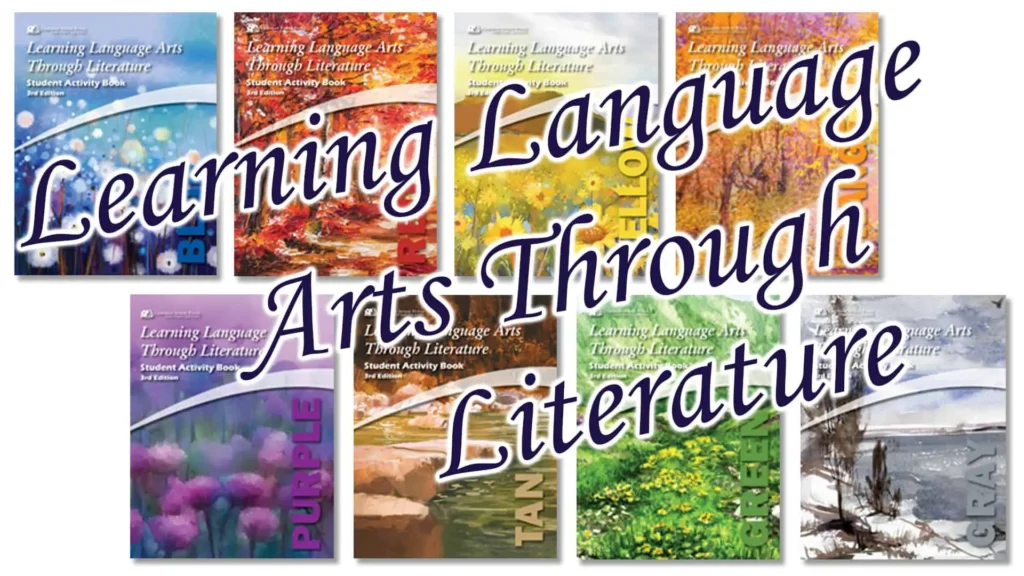
In the present instructive scene, combining different subjects to improve learning is acquiring prominence, learning Language Arts Through Literature is One of the best strategies. This approach improves comprehension, and understudies might interpret language and submerge them in writing, making the educational experience both agreeable and successful.
The Idea of Learning Language Arts Through Literature
Learning Language Arts Through Literature includes exemplary and contemporary scholarly functions as a medium to show language expression abilities. This technique uses the rich, nuanced language tracked down in writing to improve understudies’ perusing, composing, talking, and listening abilities. By drawing in with excellent messages, understudies can see language expressions in real life and figure out how to apply these abilities in their work.
Why Learning Writing Through Language Expressions is Compelling
Learning writing through language expressions is a unique cycle that benefits understudies in multiple ways. Writing gives a setting that helps understudies comprehend and hold complex language expressions and ideas. This context-oriented learning cultivates further understanding and permits understudies to see the importance of their investigations. Additionally, writing opens understudies to assorted points of view and societies, expanding how they might interpret the world.
Learning language arts through literature reviews
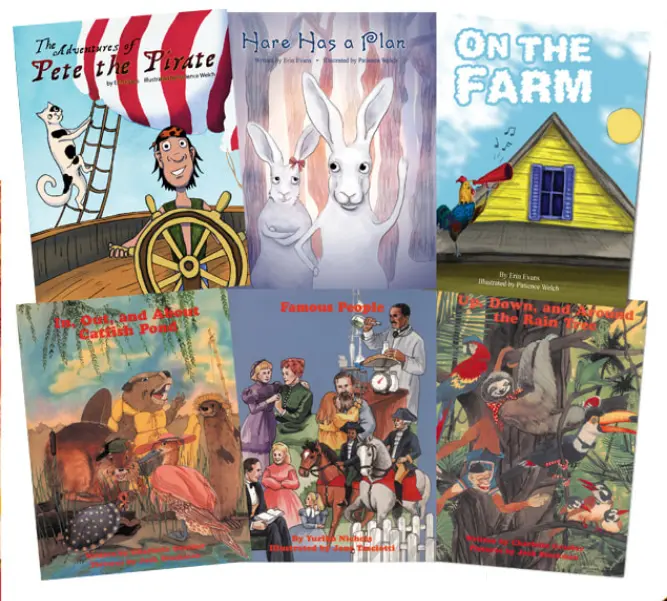
Different learning language arts through literature reviews feature the adequacy of this methodology. Reviews of learning language arts through literature frequently underscore how this technique upholds separated guidance, taking special care of the assorted advancing necessities of understudies. Teachers can make a seriously captivating and comprehensive learning climate by choosing writing that resounds with understudies’ inclinations and understanding levels.
Useful Utilizations of Learning Language Arts Through Literature
Executing Learning Language Arts Through Literature in the homeroom includes a few procedures. Here are a few viable applications:
- Topical Units: Arrange illustrations around topics tracked down in writing. For instance, a unit on boldness could incorporate readings from “To Kill a Mockingbird” and conversations on how the characters’ activities show this subject.
- Writing Circles: Urge understudies to shape little gatherings to talk about allowed readings. This cooperative methodology assists understudies with creating decisive reasoning and relational abilities.
- Composing Assignments: Use writing as a springboard for composing tasks. Understudies can compose expositions, imaginative pieces, or examination papers enlivened by the texts they read.
- Language Structure and Jargon Lessons: Remove sentences from writing to show language and Jargon in the setting. This assists understudies with understanding how language rules apply in genuine composition.
Learning language arts through literature reviews and Results
Reviews of learning language arts through literature reliably show positive results. Understudies who learn Language Arts Through Literature frequently show further developed understanding perception, composing abilities, and decisive abilities to reason. Besides, this approach cultivates an affection for perusing and writing, empowering deep-rooted learning.
Learning writing through language expressions likewise permits understudies to make significant associations between what they read and their encounters. This significance supports inspiration and commitment, making learning more viable and pleasant.
Reviews of learning language arts through literature Projects
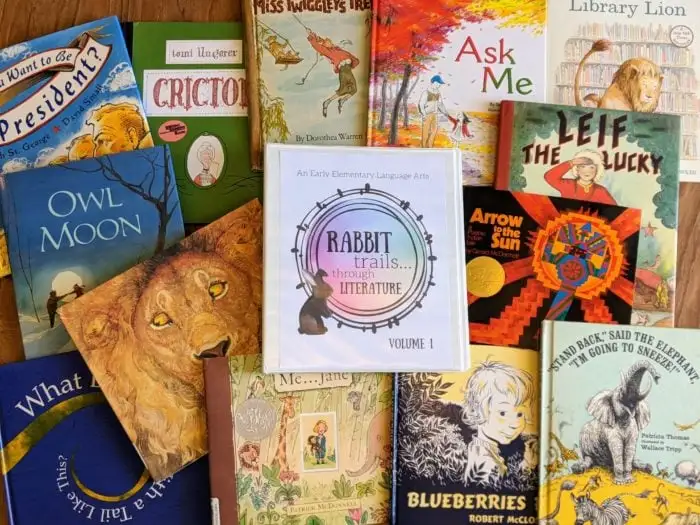
Numerous instructive projects have taken on the learning Language Arts Through Literature approach with extraordinary achievement. Audits of these projects feature a few key advantages:
– Further developed Scholastic Performance: Understudies commonly show huge additions in state-administered test scores, especially in perusing and composing.
– Improved Engagement: Understudies are more drawn in and persuaded to realize when they can see this present reality utilizations of their examinations.
– More noteworthy Social Awareness: Writing opens understudies to various societies and perspectives, advancing sympathy and understanding.
Consolidating Different Writing
A fundamental part of learning language arts through literature is consolidating different writing styles. Openness to many voices and encounters advances comprehension; understudies might interpret language and advance inclusivity and sympathy. Writing can incorporate works from various social foundations, types, and authentic periods.
Contextual analyses: Fruitful Execution
To delineate the viability of learning Language Arts Through Literature, we should investigate a couple of contextual investigations:
Contextual investigation 1: Primary School
At Maplewood Rudimentary, the 4th-grade educational plan consolidates learning Language Arts Through Literature by zeroing in on exemplary kids’ writing. Understudies read “Charlotte’s Internet” and participated in language expression exercises. They talk about character improvement, plot structure, and topical components. Composing tasks incorporate individual reflections, and inventive narrating enlivened fair and square. As per Learning Language Arts Through Literature surveys led by the school, understudies show an obvious improvement in understanding cognizance and composing abilities.
Contextual analysis 2: Center School
At Riverside Center School, the English office has embraced learning Language Arts Through Literature across all grade levels. In 7th grade, understudies read “The Provider” and take part in writing circles to examine the book’s subjects and cultural ramifications. Composing tasks involves remembering influential papers for points connected with the book. Reviews of learning language arts through literature at Riverside show that understudies are more connected with and exhibit improved decisive reasoning skills.
Contextual analysis 3: Secondary School
At Lincoln Secondary School, the 11th-grade English educational plan coordinates learning Language Arts Through Literature by zeroing in on American writing. Understudies read “The Incomparable Gatsby” and investigate its verifiable setting, subjects, and artistic gadgets. Composing tasks: remember research papers for the Jazz Age and inventive undertakings like composing a cutting-edge variation of the book. Audits of Learning Language Arts Through Literature at Lincoln feature huge additions to understudies’ logical composition and authentic comprehension.
Difficulties and Arrangements
While learning Language Arts Through Literature is exceptionally compelling, it accompanies difficulties. Teachers might confront challenges in choosing proper texts, offsetting abstract examination with language expressions guidance, and obliging different advancing requirements. Here are a few answers to these difficulties:
- Text Selection: Pick texts that care about various interests and understanding levels. Integrate both works of art and contemporary writing to keep understudies locked in.
- Adjusting Examination and Instruction: Incorporate language expression guidance consistently with scholarly investigation. Use writing to show sentence structure, Jargon, and composing abilities.
- Separated Instruction: Utilize adaptable gathering and separated errands to meet the different requirements of understudies. Offer extra help for battling perusers and improvement and open doors for cutting-edge understudies.
Educator Preparing and Proficient Turn of events
Educators need sufficient preparation and expert turn of events to succeed in learning Language Arts Through Literature. Schools should open amazing doors to educators to learn about this methodology, share best practices, and collaborate on example arranging. Proficient improvement can incorporate studios, book studies, and companion perceptions.
Parental Association
Parental association is urgent for the progress of learning Language Arts Through Literature. Guardians can uphold their youngsters’ advancement by perusing with them, examining books, and empowering an adoration for writing. Schools can cultivate parental contribution by organizing family understanding evenings, giving understanding records, and consistently discussing their kids’ advancement with guardians.
Innovation Mix
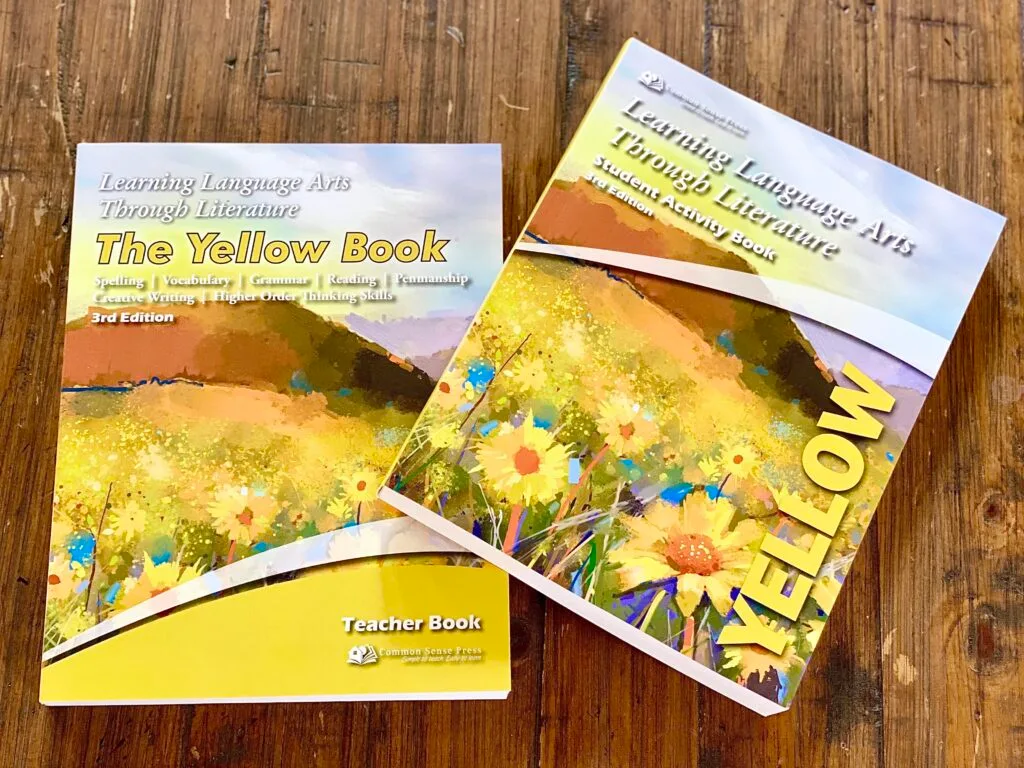
Integrating innovation into learning language arts through literature can improve growth opportunities. Computerized devices like digital books, book recordings, and intelligent perusing applications can make writing more open and locked in. Online conversation discussions and cooperative composing stages can work with understudy collaboration and input.
Estimating Achievement
Estimating accomplishment through subjective and quantitative methods is significant in guaranteeing the viability of learning Language Arts Through Literature. State-sanctioned test scores, understudy portfolios, and criticism from understudies and guardians can provide significant insights into the effect of this methodology. Ordinary audits of learning Language Arts Through Literature projects can assist with recognizing regions for development and celebrating victories.
Conclusion
Learning Language Arts Through Literature is a strong instructive methodology consolidating the best of the two disciplines. Submerging understudies in rich scholarly works upgrade their language expression abilities while cultivating an adoration for perusing and a more profound comprehension of the world. The positive reviews of learning language arts through literature highlight its adequacy and potential to change the instructive experience. As additional instructors embrace this methodology, understudies wherever can profit from the advanced learning it gives.
Instructors can establish a dynamic and connecting learning climate by executing procedures such as topical units, writing circles, composing tasks, and syntax illustrations. Integrating assorted writing, tending to difficulties, and guaranteeing satisfactory educator preparation and parental inclusion are fundamental for progress. With the combination of innovation and customary estimation of progress, learning Language Arts Through Literature can flourish and greatly affect understudies’ intellectual and self-improvement.
As we push ahead in the 21st century, the requirement for powerful, captivating, and comprehensive instructive methodologies is more basic than at any other time. Learning Language Arts Through Literature offers an immortal arrangement, mixing the excellence of writing with the fundamental abilities of language expressions. This extensive methodology plans understudies for academic accomplishment and imparts a deep love of perusing and learning. Through consistent development and devotion, teachers can outfit the force of writing to open the maximum capacity of every understudy, preparing for a more promising time to come.
For More Information Visit Our Homepage:
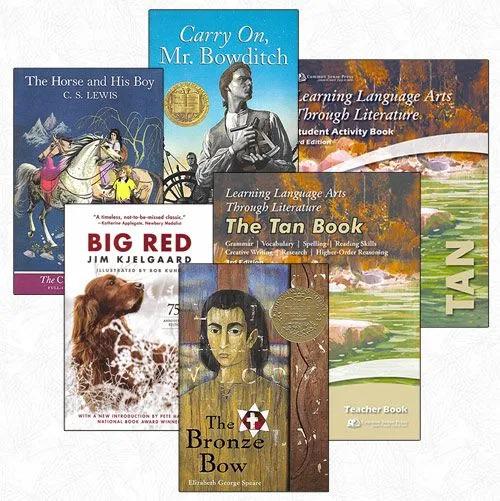


Pingback: Amazons GPT44X: The Next Frontier in AI - Daily Voice Hub
Pingback: William Gallagher money request PayPal request: What You Need to Know - Daily Voice Hub